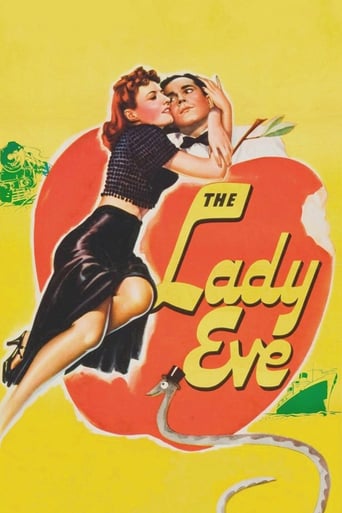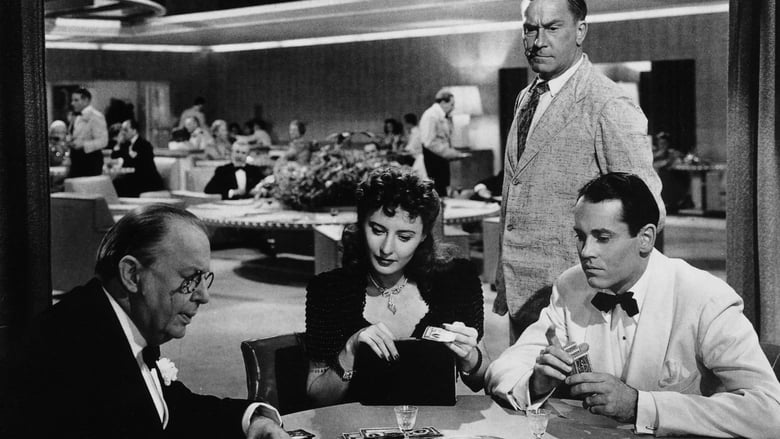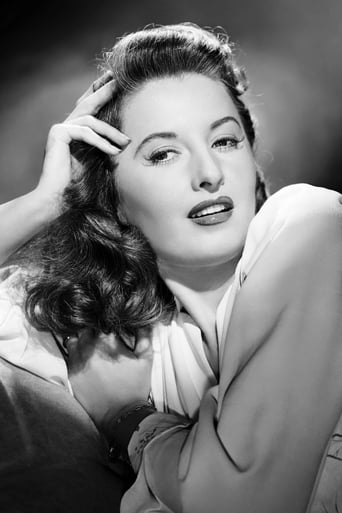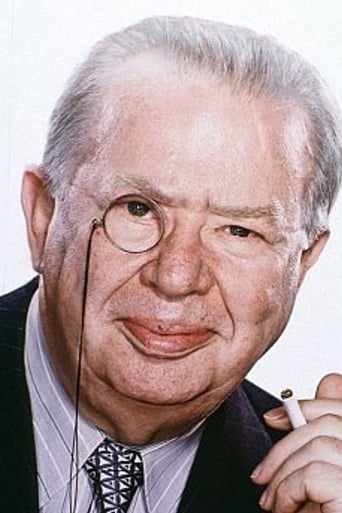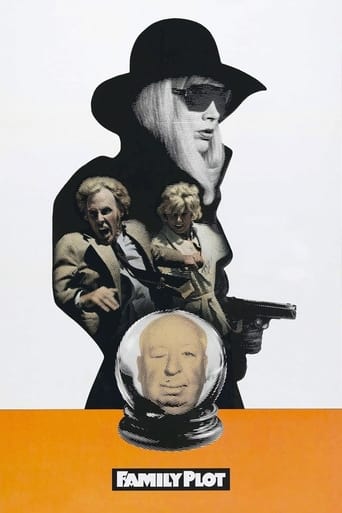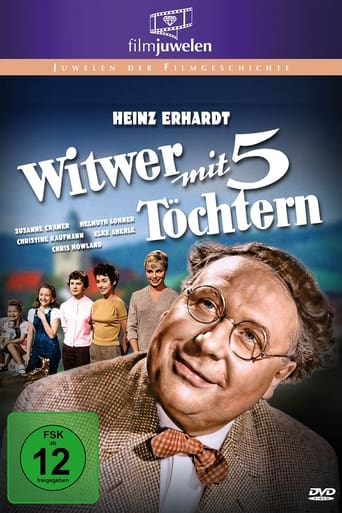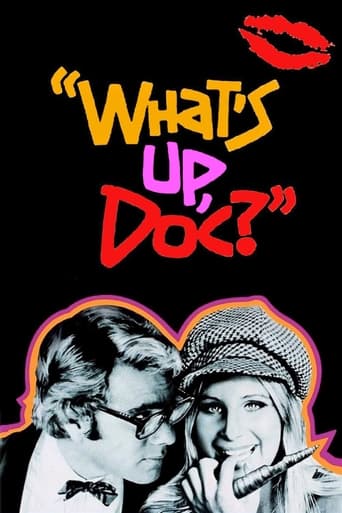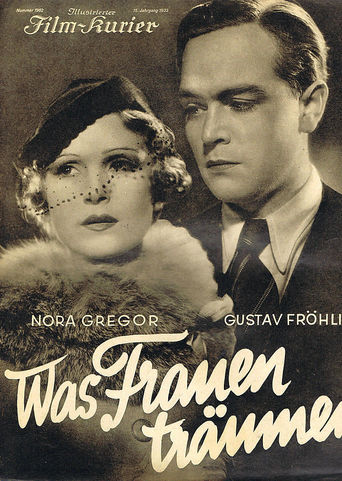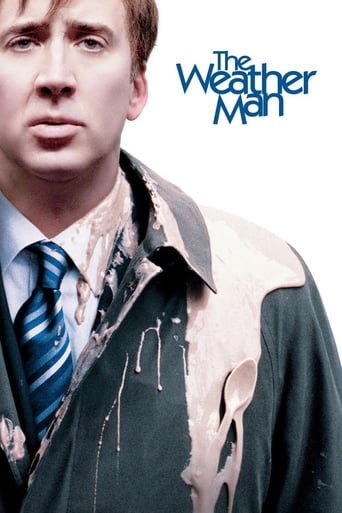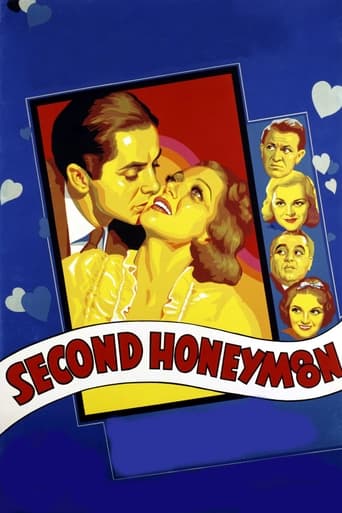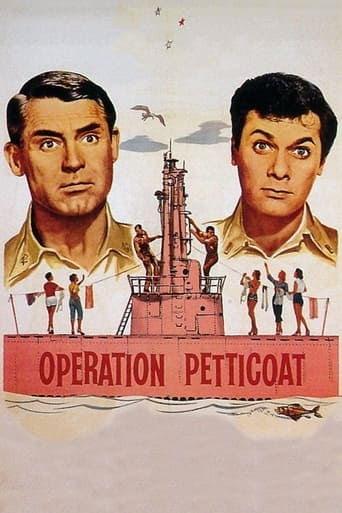The Lady Eve (1941)
It's no accident when wealthy Charles falls for Jean. Jean is a con artist with her sights set on Charles' fortune. Matters complicate when Jean starts falling for her mark. When Charles suspects Jean is a gold digger, he dumps her. Jean, fixated on revenge and still pining for the millionaire, devises a plan to get back in Charles' life. With love and payback on her mind, she re-introduces herself to Charles, this time as an aristocrat named Lady Eve Sidwich.
Watch Trailer
Cast
Similar titles
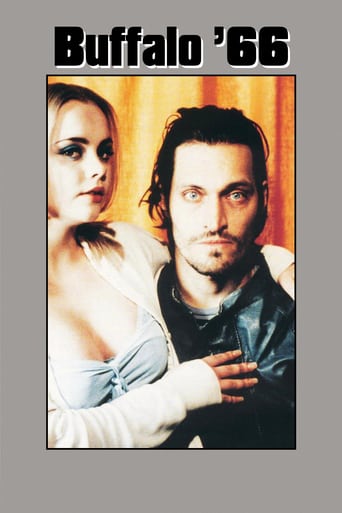
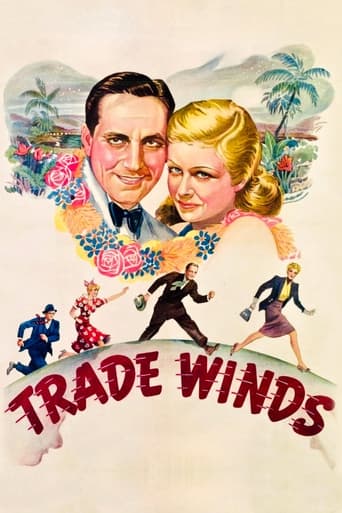
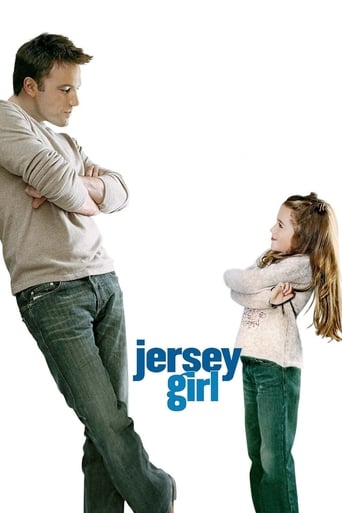
Reviews
Don't listen to the negative reviews
Absolutely Fantastic
It's fun, it's light, [but] it has a hard time when its tries to get heavy.
Actress is magnificent and exudes a hypnotic screen presence in this affecting drama.
As far as Classical Hollywood meet-cute conventions go, 'girl meets boy with the resolute intent of robbing him, then falls in love with him only for it to not work out, THEN obstinately aims to make him fall in love with her as revenge' is about as progressive as it gets. But Preston Sturges' The Lady Eve stands the test of time for more than pulling the rug out from under romantic comedy conventions and gender roles. Hilarious, razor-sharp, and enduringly sweet (disguised under a protective layer of acrid cynicism, 'natch), The Lady Eve is a raucously fun watch, befitting its status as one of the poster child comedies and romances of the screwball era. Sturges was a notorious traditionalist, and, as in his more iconic 1941 companion piece, Sullivan's Travels, committed to embellishing every story into a grandiose, larger-than-life epic of human experience. The Lady Eve, thankfully, is substantially lighter and nowhere near as maudlin, but still shows glimmers of the same dogged pursuit of human truth, lingering ever-so-slightly more on the ethics, aspirations, dreams, and regrets of our central card sharks, and the shroud of customary screwball class disparity critiques, than the average, comparable zany comedy would. This may cost the film the zippiness of a Howard Hawks (with a staunchly three-act structure lending itself to some lags in pacing), but Sturges is his own animal. He painstakingly engenders our sympathies towards his flesh-and-blood characters, allowing the emotional authenticity of each scene and sight gag to play, giving each character moments to breathe and win our hearts, knowing our investment in them will make their subsequent antics all the sillier. It pays off, as the film is as riotously funny as it is emotionally resonant. Sturges' talented ensemble inhabit their characters like gloves, making their blistering repartee and wordplay and effortless physical comedy (including a generous helping of, arguably, some of cinema's best-ever pratfalls) sparkle with joy and authenticity. Sturges also shows a remarkable knack for playing the silliness of situations to their hilt (the film's latter half, where Stanwyck hides in plain sight, disguising herself as an aristocratic version of... herself, amusingly pushes the limits of suspension of disbelief, even for Fonda's adorable nitwit), but without ever plunging into a superficial farce. The film is also surprisingly cheeky, with Stanwyck's seductive schtick, rife with double-entendres ("Are Snakes Necessary?" being the most pricelessly tongue-in-cheek sight gag), coyly nudging the boundaries of the Hayes Code, which rounds out the fun with a conspiratorial wink. As the titular card shark with a conscience, Barbara Stanwyck gives a powerhouse performance. She practically radiates snappy charisma, and, from her mischievous role-playing to her acid-tongued disparaging take-downs to her surprising emotional vulnerability, she's a scream and all too easy to love from start to finish. As her proverbial 'girl next door' target, Henry Fonda gamely plays against type to hilarious effect, and his meekly principled millionaire simpleton is so delightfully adorable that serving as the butt of almost every joke only adds to his affable presence. Finally, Charles Coburn also subverts his usual typecasting as a blustering blowhard, his shrewd card shark instead stealing scenes as nimbly as he does money, and exuding quiet menace as much as he does gentlemanly compassion. The Lady Eve's yacht may be full of snakes and simpletons, but his film is rife with delight, as boisterously funny as it is clever and emotionally heartfelt. One of the greats of Classical Hollywood, the film is nearly guaranteed to swindle laughs and feelings from you in equal, copious helpings. By now, after seeing Stanwyck and Coburn at work, you've surely learned your lesson on betting against it. -9/10
NOTES: One of the top 25 box-office hits in the USA/Canada for 1941. Re-made as The Birds and the Bees. Monckton Hoffe was nominated for a prestigious Hollywood award for his Original Story, losing to Here Comes Mr Jordan. COMMENT: For the most part, this is a superlative comedy of manners, wittily directed and beautifully acted. On the debit side, however, it does really need a bit of clever but judicious trimming. For instance, several extremely long, and really overly verbose two-shots between Fonda and Stanwyck, all of them done in a series of one takes, hold up the plot for far too long and are not nearly witty enough to justify their inclusion with such marvelous set-pieces as: Handsome Harry's attempt to win at cards; Pike clamoring for his breakfast; the wedding montage; and the deft scene on the train, brilliantly inter-cut to the strains of Wagner's "Pilgrim's Chorus" and Rossini's "William Tell Overture".
The Lady Eve is a conflicting film. The first hour is some of the most perfect romantic comedy I've ever seen, however it falls apart around the one hour mark. However what is it that makes the first hour so perfect? Firstly it didn't take too long for me to realise that Henry Fonda and Barbara Stanwyck are one of the most flawless screen pairings ever, the perfect combination of sexy meets innocent. Watching these two I get the impression they must have been head over heels for each other. I've read that apparently Henry Fonda would later tell his wife he was still in love with Barbara Stanwyck, dam! But then again, after having your hair caressed by Stanwyck for 3 minutes and 51 seconds, who wouldn't be?!The Lady Eve is a prime example of a "How did they get away with that?!" movie. I'm not aware of what Stanwyck's ideological or moral beliefs where but a number of her films are some of most sexually suggestive old Hollywood films I've seen. There's her pre-code work such as Baby Face but in the post code era we have Ball of Fire, Double Indemnity and of course, The Lady Eve. Call me old-fashioned but movies were sexier when the actors kept their clothes on. Vilma Banky did more with one raised eyebrow than an entire (Warning! Problem in Sector 7G).So where does it all go wrong, well about 50 minutes into The Lady Eve, the movie pulls my least favourite movie cliché of all time, "the liar revealed". You know, when a character is exposed as a fraud causing a relationship to end, even though you know they're going to get back together again by the end of the movie. Having this cliché is bad enough, however I thought it was only a contrived modern invention but here it is in 1941. At least they don't drag it out like any rubbish modern day romantic comedy would. I've found Preston Sturges' films to be indiscipline, his films all have their moments of greatness but at times they delve into over the top absurdity, even by screwball comedy standards. During the later part of The Lady Eve it's hard to buy into Stanwyck disguising herself as another woman who doesn't look massively different from her previous self in order to win back Henry Fonda. Oh and he buys into the charade, the dope! Part of me wished the entire movie could have just been the two of them on the boat and it would have been a perfect film, however the final third still has some hilarious moments, such as Eugene Palette frantically banging the table demanding his breakfast, or Fonda getting his suit destroyed three times at a party, a perfectly timed slapstick gag if I've ever seen one.On a second viewing of The Lady Eve I still have the same reaction to the first hour but I did find myself more forgiving of the last third. With my love of screwball comedies and the pairing of Stanwyck and Fonda, perhaps with additional future viewings I may become completely forgiving of the last half hour. The first hour is just that perfect.
The first half of The Lady Eve is one of my new favourite things. Film noir mixed with screwball romance, it blends them both magnificently, utilising Barbara Stanwyck's smooth femme fatale and Henry Fonda's clear lack of comfort zone in any of this. Taking place over the course of a boat trip, the dialogue is sharp and witty, lying through their teeth but grounding it in compelling and whole-heartedly engaging truth. It has a feel that Preston Sturges had a very inspired weekend and wrote this on a productive bender and that kind of thing rubs off on you in the best way. It's a truly wonderful 50 minutes or so. Unfortunately, the plot thickens and life gets complicated after the boat. The film keeps its wit but gets very messy. It becomes difficult to keep track of what's going on, what the motive is and why the characters can't plainly see the problem. An overuse of Fonda falling down proves that the second half just isn't on the same level as the first. However, it doesn't drag the film down too far for me, it only drags it off a potential spot on my all-time favourites list.8/10
